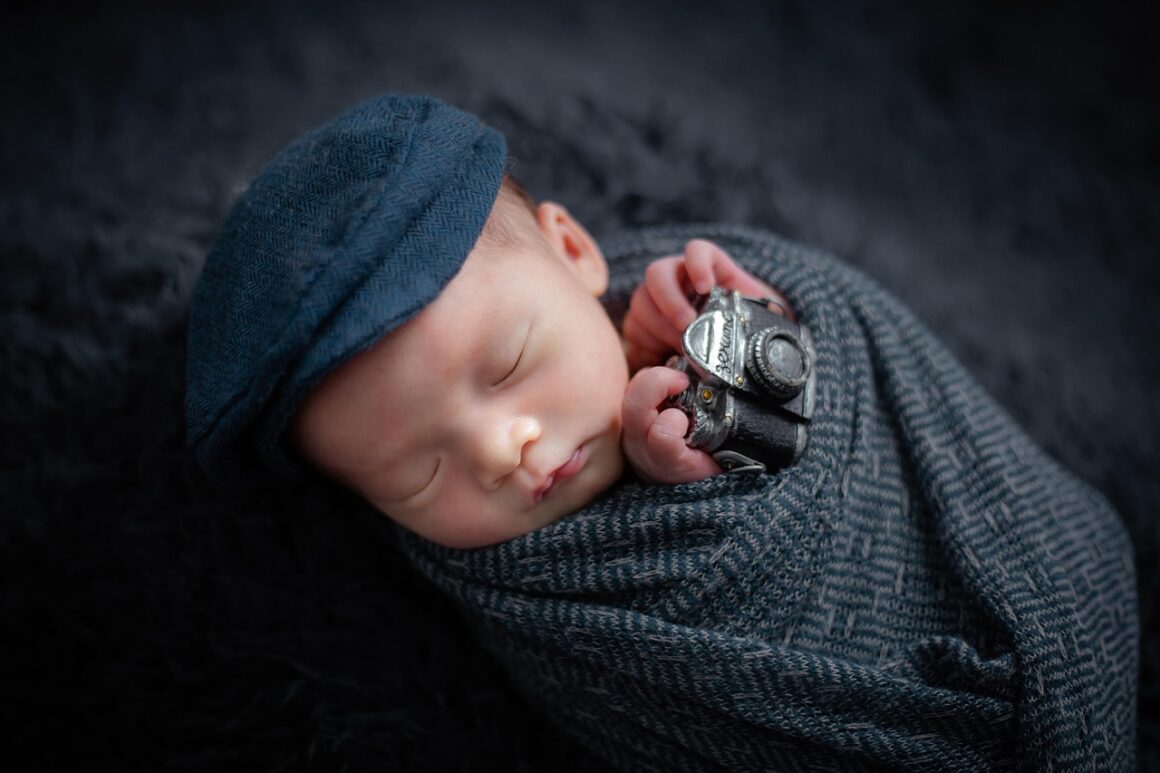The beauty of language is that it keeps evolving. The way people speak in literary classics such as Shakespeare and Chaucer are not too easy to understand for the average millennial who isn’t studying English or similar. The Lord’s Prayer from ten centuries ago is almost unrecognizable to English-speakers today, and guess what? Even words you think you’re familiar with don’t mean what you actually think they mean. Here’s a list of ten words that have changed meaning, mean something different from what you think or have more meanings than you are aware of.
1. Bad
The word “bad” is meant to have negative connotations, because that’s what it originally meant. However, now the word “bad” is used to describe good-looking people as well as negative situations. Popular Instagram stars are now known as “baddies” sometimes. Oh how times have changed.
2. Gender
Gender used to mean “the state of being male or female”, but now, our understanding of gender has evolved and now we know that gender is not limited to female and male. So now, since gender does not mean “the state of being male or female”, what does it mean? The answer is simple: whatever you want it to be. Since we are now living in a more liberal day and age, gender can mean anything (or nothing, for that matter) because it is a social construct.
3. Literally
Where I live, the word “literally” is literally used every two words because it’s a fun word to say and emphasizes what you’re saying. Literally used to mean taking a word or phrase word for word without use of metaphors or exaggeration, but now, literally means the opposite of what it used to. According to the Merriam-Webster dictionary, it can also mean “figuratively”. Good job, guys and sorry, English teachers.
4. Racism
Ok, fun aside, so many people get this one wrong to the point where it is quite frustrating. There has been an ongoing debate about what races you can and cannot be racist towards, and it’s been made clear several times that you cannot be racist against white people. Racism must involve a system that oppresses people, therefore one can only be racist against racial minorities, as the system oppresses them. Minorities can be prejudiced against white people, but never actually racist. Power + privilege people. Same concept applies to sexism, religionism and other forms of discrimination.
5. Nazi
Nazi is a term to describe a member of the Nazi party in Germany between the 1920s and 1950s. As we all know, they were the party responsible for the dreaded holocaust and are the faces of fascism and anti-semitism. Despite the fact that this party no longer exists, admirers of aspects of the ideology such as Richard Spencer or President Trump are labelled Nazis, or sometimes Neo-nazis.
6. Gay
Gay has changed meaning a couple times since its first use. Originally, it meant happy or merry, and this example is still used in the lyrics of the Christmas carol “Have Yourself A Merry Little Christmas”, where it says “make the yuletide gay”. Gay then came to mean homosexual, and was used as an insult for a long periods of time by homophobic people. Although this use is disappearing as society becomes more tolerant of homosexuals, the uneducated still use it this way.
7. Privilege
Privilege used to be a special right or advantage given to specific people, such as experiences and generally the fact that people who have more money have more privilege. However it is important to note that privilege is now is a part of many peoples’ identities. Being white, being male, not being LGBT+, being able-bodied and more make you privileged, even if you don’t personally have good life experiences or money. This is because people with any of those listed privileges are more likely to be viewed in a positive light or respected by society, institutions and companies, just because of their gender or skin color etc. Being rich or having valuable life experiences do still make you privileged, but now we have added these to the mix.
8. Violence
I think this term is best described by a video from intersectional feminist activist, Riley J Dennis. Violence is associated with the use of physical force, however the definition has now changed. Violence is anything that can cause physical, psychological or emotional harm, so words can indeed be violent.
9. Karma
The term “karma” originated from Buddhism, and is a system of how the world works according to Buddha. The idea is if you do bad things you will have bad things happen to you in return and if you do good things you will have good things happen to you in return. However, what one does not realize is the good or bad things that happen in return happen in the person’s next life, not later that day or month.
10. Education
Education is supposedly about learning about the complicated world around you in an open-minded way, but now, “getting educated” means seeing the world through the lens of whoever is educating you, and not questioning their beliefs. Professors always know best, and so do the people who do Twitter threads educating you on feminism or similar issues.
These were 10 words you may not have known things about. I recommend you to share this with old-fashioned people, to help them catch up with our quickly evolving language.




